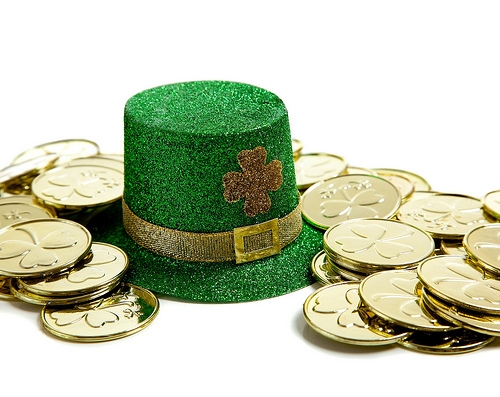Breakfast with Braces
March 23rd, 2022

Breakfast is called the most important meal of the day for many reasons. Children need to refuel after a long night’s sleep, and studies suggest that school kids who eat a good breakfast have more energy, better attendance and behavior, and even higher test scores than kids who don’t.
But sometimes, especially with new braces or braces that have just been adjusted, the last thing on your child’s mind is breakfast. Fortunately, Dr. Bradley Hoppens and Dr. Mary Beth Meier can recommend many early morning options that will be both gentle on braces and healthy for growing bodies!
- Yogurt
Soft, creamy, and filled with calcium and vitamin D, yogurt is an easy and nutritious choice. Try different fruit flavors or Greek yogurt for variety.
- Eggs
Packed with protein, scrambled eggs are delicious on their own, or with the addition of cheese or soft veggies. If you’d like to add a bit of flair to the table, a cheese omelet is another great choice. Any egg option is a good one—just remember to skip the crunchy toast on the side.
- Smoothies
Not only a great way to start your day, but a great way to get vitamins and minerals in one delicious meal. And with a flavor base of banana, mango, berries, or apple, no one will notice if some spinach or kale make their way into the blender!
- Oatmeal
Unfortunately for the cereal lover, crunchy cereals and even granola are potentially damaging to wires and brackets. But oatmeal is a healthy alternative that can be made even tastier with the addition of soft fruits such as mangos, berries, and bananas.
- Breads and Pastries
Crunchy and chewy breads and pastries can lead to broken brackets and wires. Soft breads, pancakes, non-crunchy French toast, and soft pastries are much kinder to braces. Because so many of these options are rich in sugar (especially with syrup!), it’s best to go lighter on foods like this and be sure to brush carefully afterward.
- Fruit
Bananas, peaches, nectarines, berries—if it’s soft, it’s good to go! Cut larger fruits into bite-sized pieces. Dried fruits like raisins, dates, and cranberries can be chewy, sticky, and sugary, so best to take them off the shopping list for the time being.
It’s described as the most important meal of the day for many good reasons. With some of these easy-to-prepare breakfasts, you can add delicious, healthy, and braces-friendly to that description! If you stumble on a delicious recipe, don’t forget to share it the next time you visit our McCook, North Platte, or Ogallala office!






